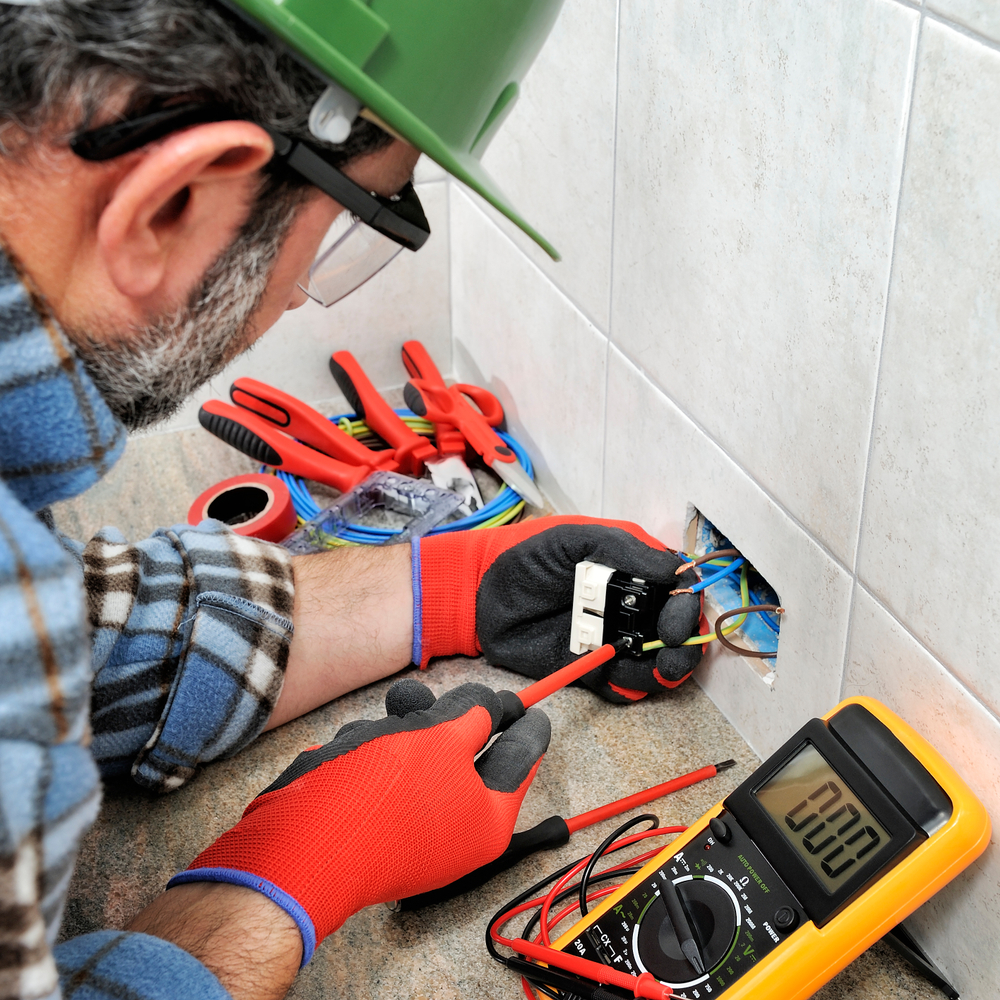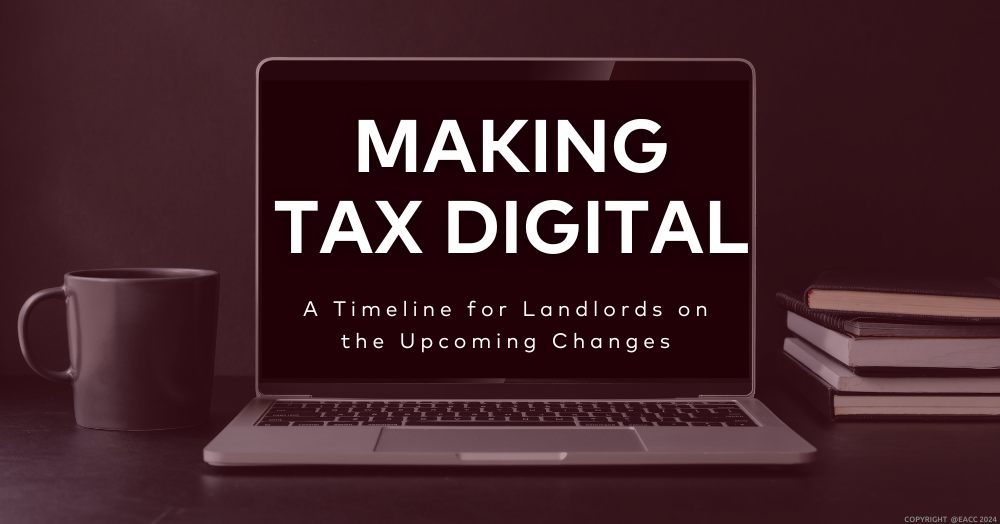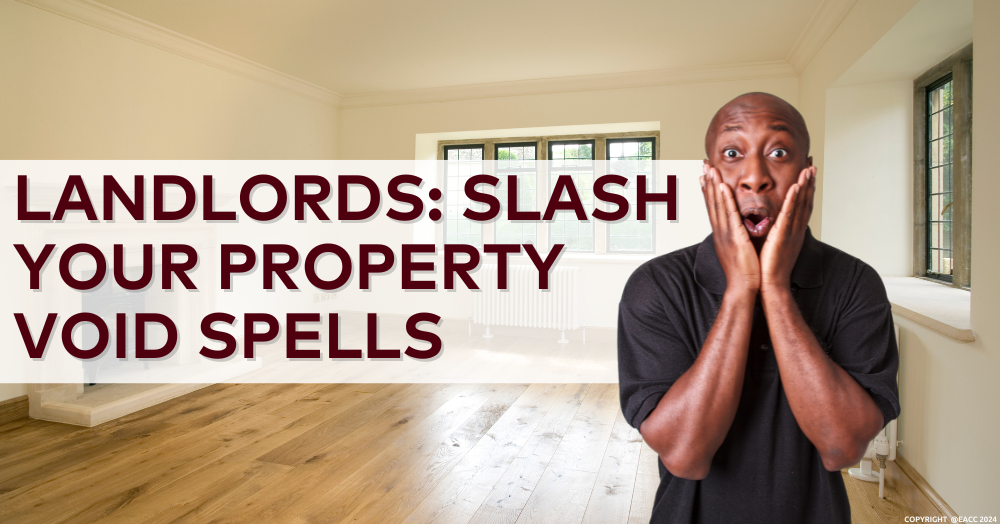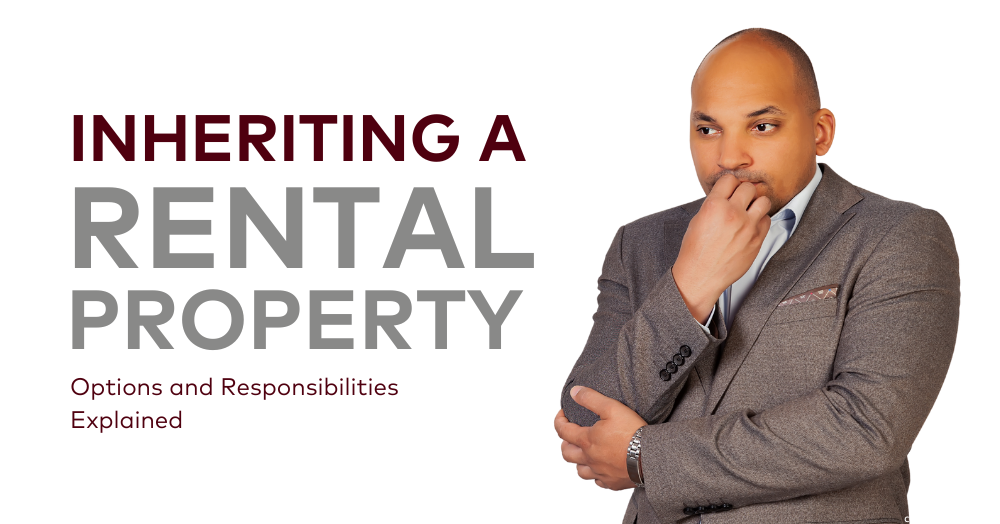For years now Electrical Safety has been a grey area in the lettings industry, with previous legislation stating properties need to be safe, but landlords have not had to provide a certificate to prove it, as they’ve had to with gas appliances, but this grey area is now clear for all. From 1st July it is a legal requirement for all new tenancies in the private rental sector to have an EICR (Electrical Installation Condition Report) carried out.
What are landlords’ obligations?
Landlords will need to ensure the following-
- Electrical safety standards are met when the property is occupied during a tenancy.
- An Electrical Installation Condition Report is carried out at least every five years by a qualified person.
- The first inspection and testing are carried out before new tenancies commence on or after 1 July 2020 and by 1 April 2021 for existing tenancies.
What is an EICR?
An electrical installation condition report (EICR) is produced when electrical inspection & testing is carried out to a building or property by a certified electrician. EICR reports often referred to as an Electrical Safety Certificate.
Who can carry out an EICR?
The regulations require landlords to have the electrical installations in their properties inspected and tested by a person who is qualified and competent. They should be NICEIC-accredited at approved contractor level or approved by another electrical regulatory body at a similar or higher level, which you can easily check on the Electrical Safety Register.
Kingshills have teamed up with a local company, Acentia Electrical Ltd, run by Mitchell Andrews, who is fully qualified and a member of NICEIC Approved Contractor scheme.
What is tested?
In general, your electrician will check the following-
- Your fuse board is safe and compliant with the current regulations.
- Everything is correctly earthed – to prevent potentially fatal electric shock.
- The wiring in your sockets, lights, switches and accessories is installed correctly.
What is the outcome of an EICR?
Once the property has been checked, the property will be deemed ‘satisfactory’ or ‘unsatisfactory’. If the property is ‘unsatisfactory’ you will have 28 days to commence remedial works as suggested on the report.
The faults will be graded-
- C1 means ‘Danger is present’, risk of injury is likely and IMMEDIATE action is required.
- C2 means ‘potentially dangerous’ and remedial action is needed urgently.
- C3 means improvement to your electrical system is recommended, but not required because they see it’s safe. It’s the only code that can appear on a report that’s deemed ‘satisfactory’.
- FI means ‘further investigation required’
What are the penalties for failing to comply?
Failure to comply with the new regulations could be expensive...
After 1st July, if you do not carry out an EICR before a tenancy commences, you could find yourself facing a hefty fine of up to £30,000, issued by your local Housing Authority.
What does our electrician Mitchell think?
“I am extremely pleased the new legislation has been put into place. It will create safer conditions for both tenants and landlords. The main purpose of EICR is to detect so far as is reasonably practicable, and to report on, any factors impairing or likely to impair the safety of an electrical installation. Safety should always be at the front of every landlord’s mind and today’s legislation change is unquestionably a positive move.
Acentia Electrical Ltd’s engineers have carried out numerous EICR reports and found it astonishing so many people live with concealed potential dangers.
We are extremely fortunate to be teamed up with Kingshills and look forward with working with their team creating a safer environment for everyone.”
What are Kingshills thoughts?
Our lettings director James Charlton has said the following.
“This is a positive move for the industry. For years now I have recommended testing is carried out, but the law has meant I can’t enforce it. It is important to us that we provide safe properties for our tenants and this legislation will help us to ensure this is the case.
I understand this is another expense for landlords so we will do our upmost to keep costs to a minimum whilst ensuring tenants safety”.
If you need any further advice please do not hesitate to give us a call, with help from Mitchell we will be happy to help where we can.

 By
By 



Share this with
Email
Facebook
Messenger
Twitter
Pinterest
LinkedIn
Copy this link